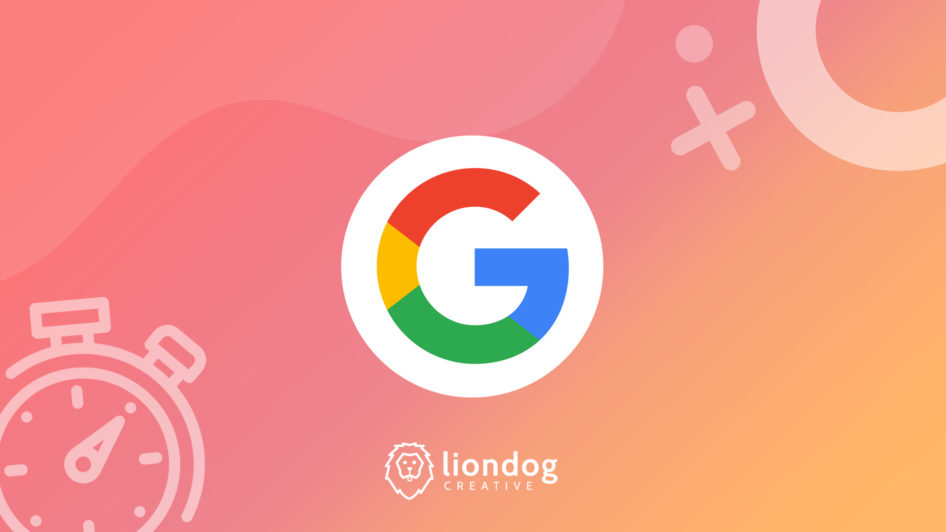Have you ever been on a website that takes forever to load? Did you leave without finding what you were looking for?
You're not alone. 47% of consumers expect a web page to load in less than 2 seconds (Source: KISSmetrics). In fact, a recent study conducted by Walmart, found that their conversion rate improved by 2% for every second they saved in load time (Source: Neil Patel). Not only does page speed directly affect user experience, it also affects your rankings in Google.
Google has indicated that page speed is one of the signals used by its algorithm to rank pages. Google has a "crawl budget" which means, the longer your pages take to load, the less likely they are to utilise this budget to crawl the pages on your website - negatively affecting indexation. Going back to user experience, the longer a page takes to load, the higher the bounce rate, higher bounce rates indicate to Google that your content isn't relevant to the search term.
I'm quite happy to put my money where my mouth is, below is my page speed score across multiple page speed websites (without making any optimisations). Not a bad score across the board, but there are still things I can do further to optimise my own website.

So, we know page speed affects search engine rankings. But how do we go about improving site speed?
How to improve page speed
The good news is, there are lots of ways you can optimise your website to improve page speed:
- Image Compression: Images are often the quickest win when looking to optimise your website. Images make up the majority of the page size, by reducing the file size of your images you can drastically improve the speed of your website. If your website is built with Wordpress there are lots of really great plugins, websites and software that can help you compress images including:
- ShortPixel Image Optimizer
- EWWW Image Optimizer
- Smush
- TinyPNG
- Photoshop
- Hosting: All hosting is not created equally. Speaking from experience, you pay for what you get with hosting companies. We have literally saved 3-5 seconds of load time just from switching clients' hosting. Not to mention significantly improving website up-time. Note to all users, steer clear of cheap website hosting companies. Cheap hosting companies host thousands of websites on the same server, which drastically decreases server response time. Being transparent, we exclusively host with Flywheel, who are fantastic.
- Browser Caching: Installing caching plugins/software on your website significantly improves page speed for returning users. By installing caching software, it allows parts of your website to be stored by the users' browser so next time they visit, the website is already stored. Although great for returning users, this will not improve the page speed for new users.
- Compress and minify code: Not always the easiest thing to implement, compressing and minifying your code can help reduce page bloat. You can do this manually or use a plugin to compress HTML, CSS and Javascript. My favourite plugin to compress code is Autoptimize.
- Implement a CDN: CDN stands for Content Delivery Network, this is a really fast way of improving your website speed. A CDN delivers content from your website from servers physically closest to the user. So if your user is browsing your website in Germany, the CDN will most likely deliver your site's resources from somewhere in central Europe, if not Germany itself.
We hope you found this blog useful. If you're looking to learn more about page speed and SEO, feel free to get in touch using the button below. We'd be happy to help in any way we can.

